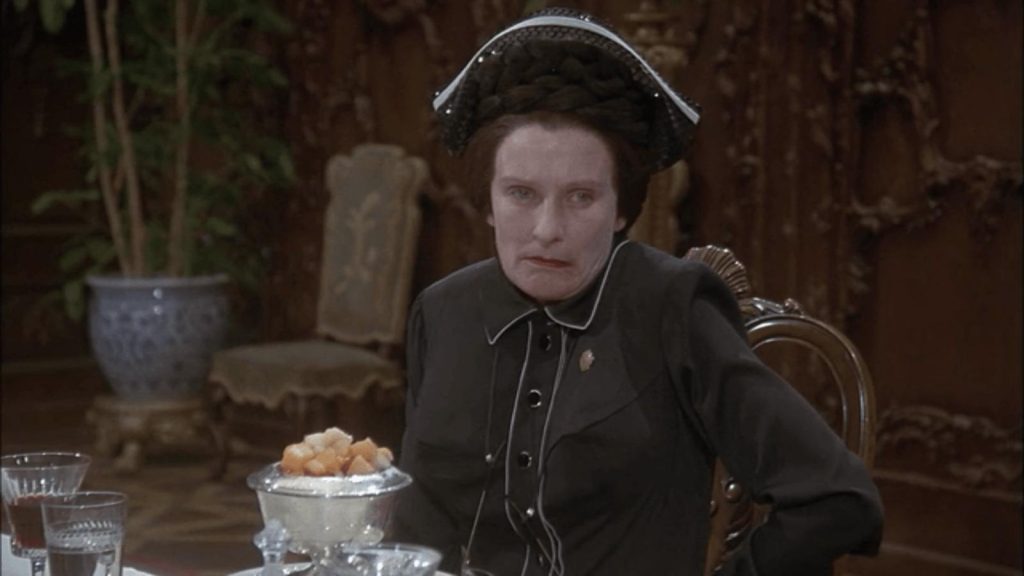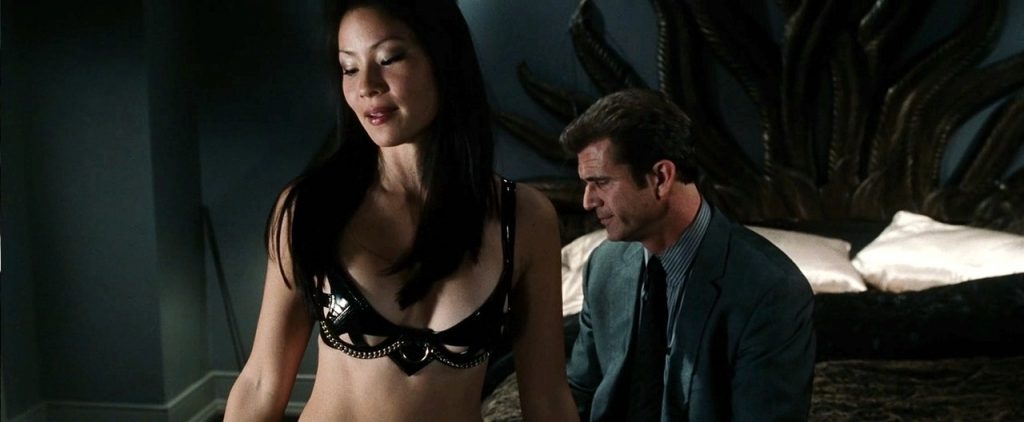Ilsa: She Wolf of the SS (1975) dir. Don Edmonds IMDB Amazon
Arguably the best known Nazisploitation film (though Love Camp 7 (1969) is usually cited as the first), Ilsa: She Wolf of the SS was a US-Canadian production (and shot on the old exterior sets for Hogan’s Heroes, according to one source). It starred Dyanne Thorne as the titular concentration camp commandant, impeccably crisp in a black, white and red SS uniform.
The women sent to Ilsa’s camp are divided into two groups. One gets sent to “work details” of serving the men in the guard house. The other gets beaten, electrocuted, boiled, suffocated and more in “experiments” overseen by Ilsa and her female assistants. Ilsa’s ostensible reason for all of this is to demonstrate that women can withstand as much pain as men, and therefore prove that women can serve the Reich by fighting on the front line.
The male prisoners each get one night with Ilsa, after which they’re castrated.
Continue reading »









